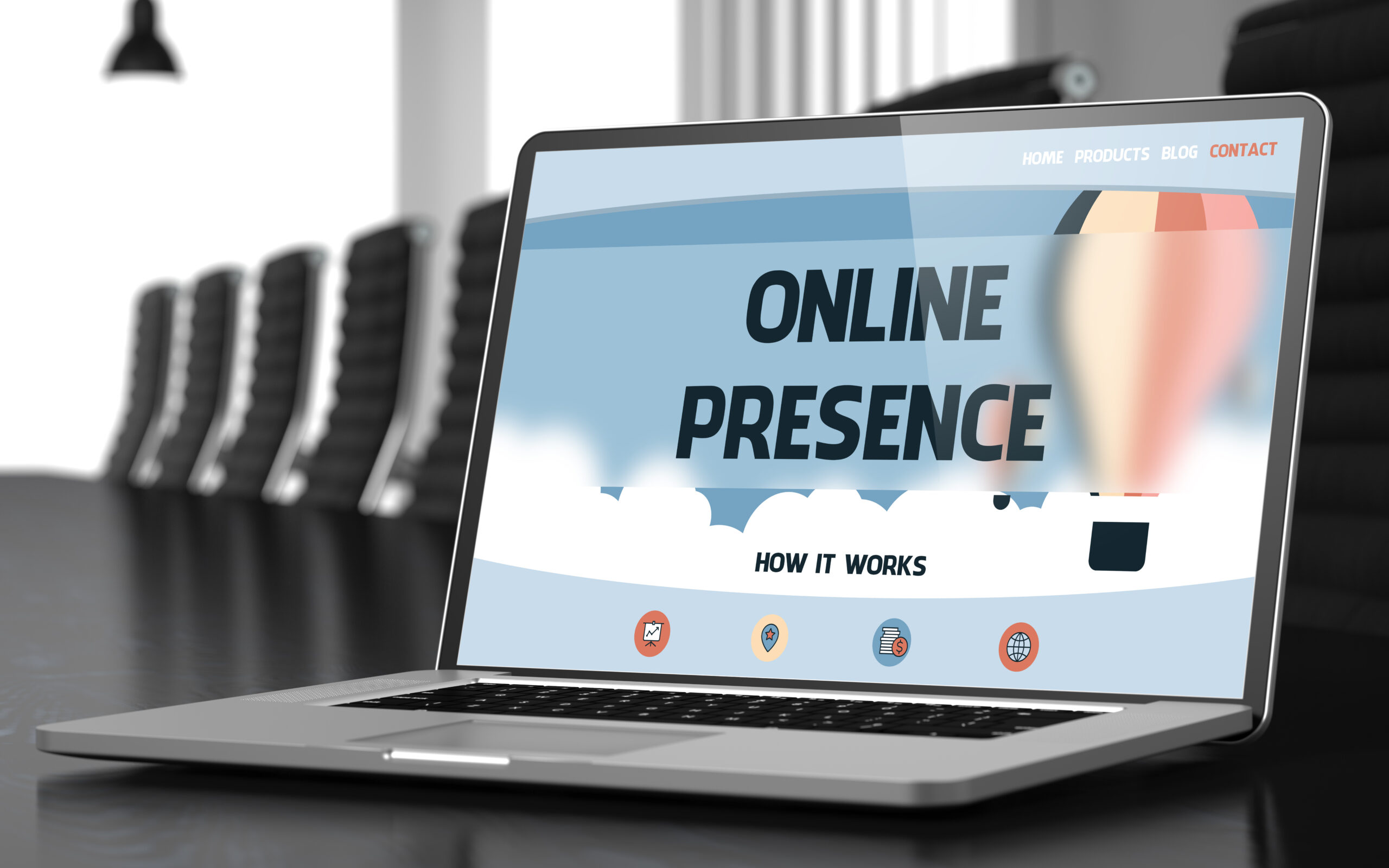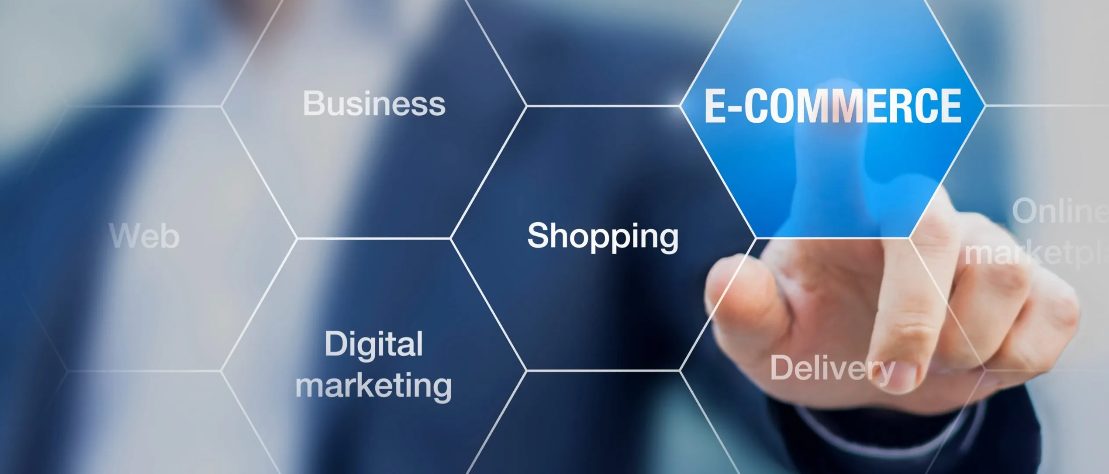
Choosing a b2b eCommerce platform can be a daunting task, especially if you haven’t established a clear set of priorities for what it must achieve. We often see companies start the selection process by deciding how they want their solution implemented – for example, whether it should be cloud-delivered or on-premise. But the key considerations really need to be around factors such as budget, how well the platform performs on mobiles, and whether its capabilities align with the way you sell to your business customers. Here we explore some of these issues in a bit more detail.
Does this b2b eCommerce platform have all the features required to support your sales approach?
First and foremost, the platform needs the features and functionality to sell and service your business customers effectively. It’s worth spending time at the start of the process to document all your requirements so that you can benchmark any solution against your list. Think about capabilities such as:
- Account-specific pricing
- Individual customer payment terms
- Personalised promotions and offers
- Real-time stock position
- Delivery features
- Payment processing
- Order history and easy re-order facility
- Well-structured product catalogues
- Live chat facility
The best performing b2b eCommerce platforms are all about personalisation – from the moment a customer logs in, they see the products they want to buy, along with their own individual prices and promotions. This invariably means that the platform must be capable of integration with the business accounting system (such as Sage or Pegasus) so that important customer and inventory information can be easily shared. If the eCommerce solution you’re looking at doesn’t allow you to do business exactly how you want to do business, keep looking until you find a technology platform that does.
Is this b2b eCommerce platform engaging and intuitive for customers to use?
These days, a younger breed of tech-savvy business buyers expects a smooth and intuitive online purchasing experience, whether they’re buying for themselves or their company. Quite simply, purchasing through your eCommerce platform should be a fast and simple exercise, whether buyers are using a desktop, laptop, tablet or mobile device. If your system is poorly designed or difficult to use and delivers a poor user experience, you’ll lose customers.
Think about whether the interface of your eCommerce platform is similar in design to the applications your customers are already familiar with. Look at how features are accessed – is the process clear and intuitive? How easy is it to place an order and does the system work as well on mobile as it does on a desktop device? If you have the opportunity, it’s also worth getting a representative cross-section of your customers involved so that they have some input into the decision-making process.
Is this b2b eCommerce platform optimised for mobile devices?
From researching products and comparing prices and feature sets to contacting merchants and completing transactions, millennial business buyers working in a 24/7, always-on business environment are increasingly using their mobile devices across the entire purchasing journey.
In fact, research conducted by the Boston Consulting Group found that 80% of b2b buyers are using mobile at work, and more than 60% say that mobile played a significant role in a recent purchase. Around 70% of b2b buyers increased their mobile usage significantly over the past two to three years, and approximately 60% expect to continue to increase this usage.
Buyers have come to expect the same mobile convenience for professional purchases as they’re used to for personal purchases, and any business embarking on b2b2 eCommerce needs to ensure that their platform is optimised for a first-class mobile user experience. So before you commit to a b2b eCommerce platform, make sure you fully understand what type of mobile experience your customers will receive.
Is this b2b eCommerce platform affordable?
If you’re moving into b2b eCommerce for the first time, working out what to budget for implementing a technology solution can be tricky as there will be no past data on which to base calculations. But you’ll need to estimate the potential ROI of a new system – which means taking into account opportunities for cost reduction through new efficiencies, as well as an increase in orders and margin. Then there’s the extra revenue your sales team could be driving through focusing on finding new customers and upselling existing customers.
Cost reduction could include money saved through not having to produce a printed product catalogue, eliminating the need for manual data entry and any subsequent order processing errors, and freeing up time for sales and customer services teams to work on other tasks. Once a realistic figure has been calculated for cost reduction and increased order values, you can establish a realistic budget figure for your eCommerce solution. Cloud-delivered services will normally offer the best value, but it’s worthwhile ensuring that your solution has the flexibility to be customised to your business if required, and that it can be developed without huge expense to meet future business needs.
Does this b2b eCommerce platform have longevity?
The platform needs to be future-proofed so that it can easily adapt to changes within and outside the business. The time, resource, cost and disruption of frequently having to upgrade to a new solution is unacceptable and avoidable if you originally select the right b2b eCommerce platform. Such a solution will typically display characteristics that include the following:
- Best-in-class performance on mobile devices
- A modern, engaging and intuitive interface
- Regular software updates and feature additions without extra fees
- Ability to support your sales approach now – and how this may develop in the future
GoB2B are providers of integrated B2B ecommerce websites for manufacturing, wholesale and distribution companies. We specialise in B2B and integration with Pegasus and Sage accounting systems. Find out more here.
Topics
- b2b ecommerce (2)
- b2b trends (1)
- B2B v B2C (6)
- Benefits (7)
- Challenges (12)
- Covid-19 Recovery (11)
- Customer Retention (14)
- Data Migration (1)
- Distributors (2)
- Ecommerce (1)
- eCommerce Metrics (2)
- Funding (2)
- GDPR (1)
- Get Started (27)
- Growth (28)
- Integration (38)
- Manufacturers (5)
- Prepare Your Team (8)
- SaaS (11)
- Save Money (5)
- Save Time (5)
- Self-service (12)
- Track Success (4)
- Which Platform? (15)
- Wholesalers (1)



